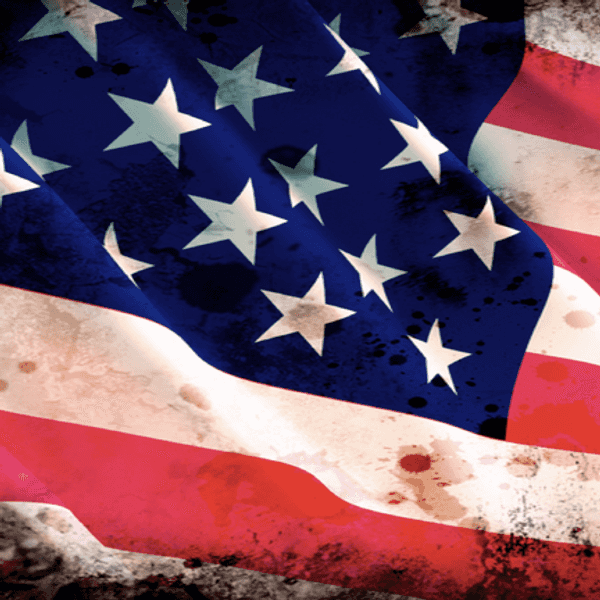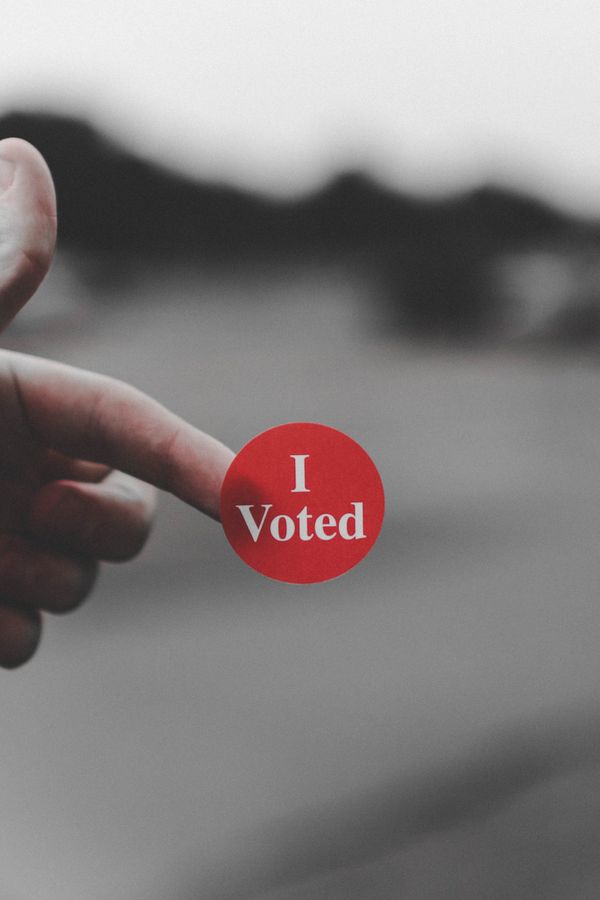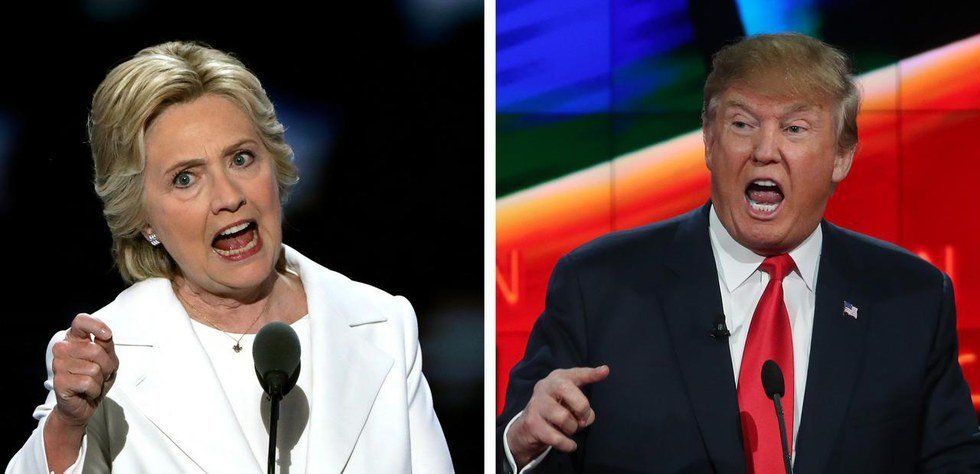At my college, we can get a little detached from the rest of the world. We live on a small campus at the edge of a small town, and as engineering students get wrapped up in our own busy lives. We develop “the Rose bubble,” a sort of isolation from current events. I am certainly subject to it; even when I do make a concerted effort to follow the news, I inevitably miss out on a few things. It's a bit of a problem. As citizens of a democracy, or what is nominally one, we need to be informed on what's happening. But is the Rose bubble always a bad thing?
It depends on what stories are really worth following. The answer, for now, isn't entirely what you get from the top stories in mainstream news. Now, don't mistake me for a conspiracy theorist. I don't believe that there is some sort of mainstream media cabal 'covering up' important events. News outlets simply know that to survive, they must tell stories that keep people entertained and spending money, rather than discuss what is important. So what they cover and what needs to be covered are not the same.
There's nothing wrong with following a story more closely than you need to, if you want to. But why bother if you don't need to? What is there to gain from learning the newest thing Trump tweeted, or the newest case of someone saying something offensive/getting offended? The vitriol of politics as the media portrays it has left too many of us unnecessarily cynical. Life isn't a giant firefight; it's just that the average viewer is most interested in these sorts of stories. While it may seem like I am being willfully ignorant, I truly believe that it's better to simply ignore much of the election cycle and other political squabbles.
We spend an inordinate amount of time focusing on the national elections. There may be a few undecided voters, but the rest of us know who we're going to vote for. There's nothing wrong with sitting through the debates that took place recently, but I'm comfortable just reading the recap. Why follow every little piece of news about Trump or Hillary? Our candidates' positions, or lack thereof, are known by now. More information carries a diminishing margin of returns.
What, then, is there to pay attention to? Start by looking at news other than that on the national level. Take a look at global politics because the world has shrunk. US foreign policy matters, and only informed voters can choose a better path, or at least protest for one. Take a look at local politics because there are many more offices than the presidency and congressional seats. Half of US politics is carried out at the state or local level, and it's important to know how you feel about the outcome.
The point of staying informed isn't to decide which candidate you support: it should be to develop a worldview. Hillary Clinton's latest statement isn't terribly important; what matters is whether you already support her policies. Ideology matters more than policy, and the only safe way to determine your ideology is to pay attention to more general trends. The latest Black Lives Matter controversy is a poor way to develop an opinion on social justice issues; take a look at studies of racial bias. No presidential candidate will give you an accurate idea of how well the economy is doing, so look at the data and decide for yourself how real the unemployment rate is.
So for the moment, I shall remain in the Rose bubble on some issues. If I have to actively seek out my news, I'll view less politics and more science. Right now, I'm waiting for my absentee ballot to arrive. As excited as I am about it coming, the election is just a chance for me to get my voice heard. What matters is that I have one to start with.





















